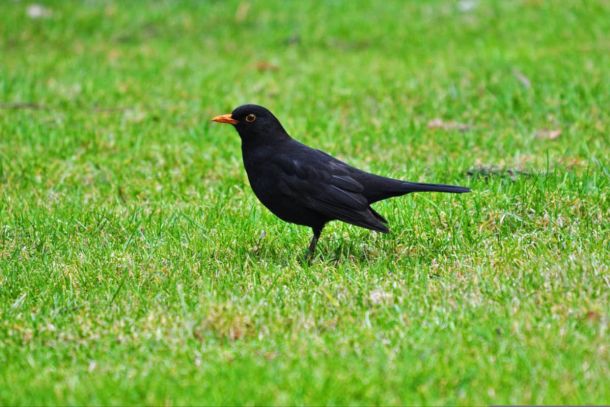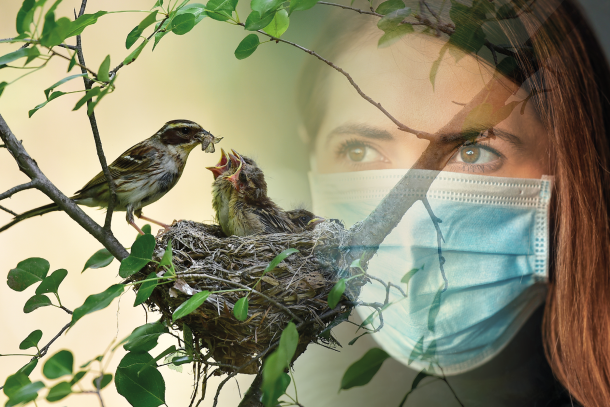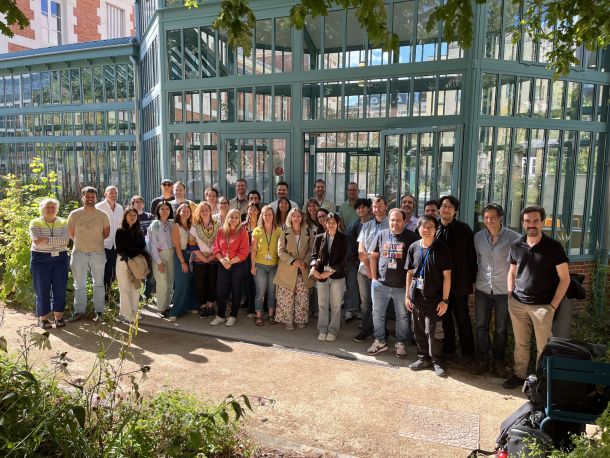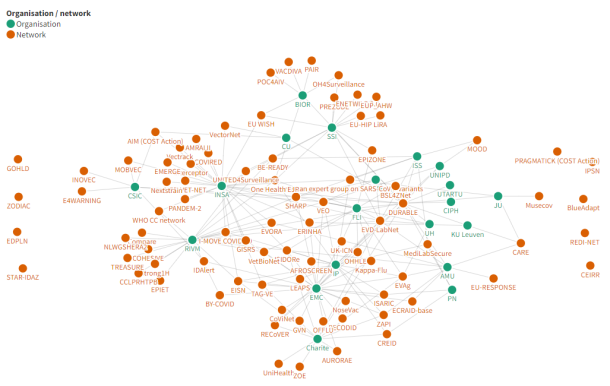One Health approach uncovers emergence and dynamics of Usutu and West Nile viruses in the Netherlands
Mosquito-borne viruses, including the Usutu virus (USUV) and West Nile virus (WNV), are emerging threats in Europe, with changes in climate, land use shifts, and increasing global connectivity influencing their dynamics. Understanding how these viruses emerge and establish in new regions is critical for mitigating risks and improving public and wildlife health preparedness.
In a new publication, researchers from the One Health PACT consortium present a seven-year study (from 2016 to 2022) documenting the emergence and spread of USUV and WNV in the Netherlands. Samples were collected from live birds by volunteer ringers, from dead birds referrals by citizen scientists and zoos, and mosquito trapping. The collected samples were analyzed with various methods to determine the presence of these viruses.
Findings
USUV was first detected in the Netherlands in 2016 and caused major outbreaks in birds until 2018, which resurged in 2022. The first localized WNV outbreak occurred in live birds and mosquitoes in 2020, followed by a detection in a bird in 2022 and serological evidence of continued circulation, suggesting WNV is in an early stage of establishment. These findings were crucial in detecting a human WNV outbreak, underscoring the value of integrated wildlife studies in detecting emerging threats to public health.
This study was performed by the One Health PACT consortium in collaboration with researchers from the Pandemic and Disaster Preparedness Center (PDPC) from The Netherlands, and was first published on August 23, 2025 in Nature Communications:
Münger, E., Atama, N. C., van Irsel, J., Blom, R., Krol, L., van Mastrigt, T., … & Koopmans, M. P. (2025). One Health approach uncovers emergence and dynamics of Usutu and West Nile viruses in the Netherlands. Nature Communications, 16(1), 7883.








